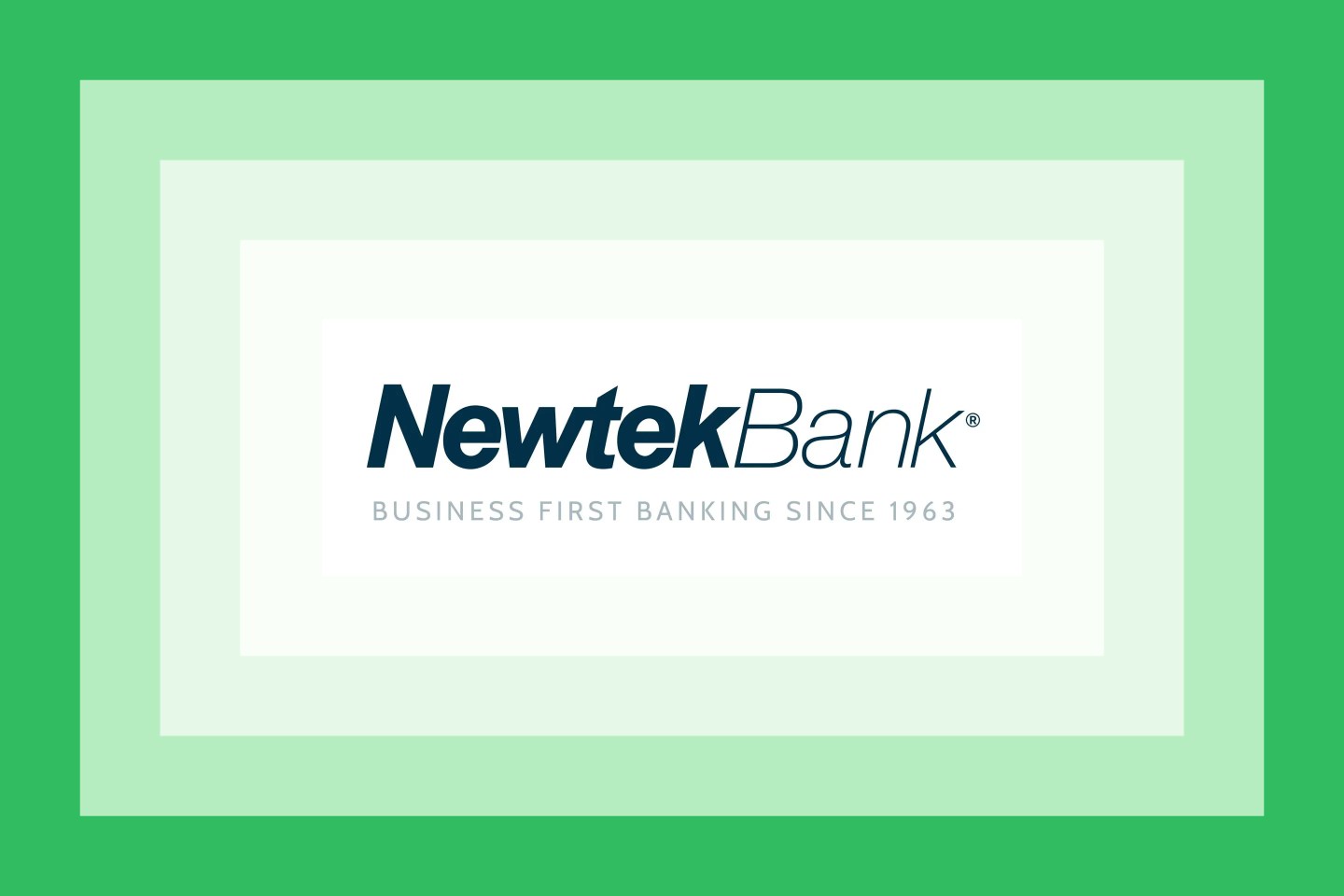Martin is CEO & Founder of Startup Professionals Inc.

Let me try to put this question in perspective. If you are totally risk-averse, then push to always get signed NDAs. You won’t last long as an entrepreneur in this category, since a startup is all about taking risks. On the other hand, if you intend to patent an idea, you need a signed confidentiality agreement from everyone knowing details, or you will legally lose patent rights.
The format of an NDA is simple, and you can download a sample from my website. Here are some rule-of-thumb considerations that should help you decide when an NDA is really required, or actually has negative value:
- Trusted professional. If you want advice or funding, and the person you are about to pitch to is a certified investor, or a senior business advisor, skip the NDA. These people value their professional integrity, like your doctor or lawyer, and they are not competitors. Asking for an NDA is an insult and will jeopardize your case before you start.
- Unknown interested party. If you meet someone through Internet networking, or if someone with no visible professional standing contacts you with interest in your plan, an NDA is the least you should do protect yourself. Verifying credentials through multiple sources is even better.
- Strategic partner. The line between competitor and partner is a fine one these days. An NDA is highly recommended before you talk to a similar company about a joint venture, white labeling, or any investment options. I recommend a mutual non-disclosure, with a non-compete clause, for protection in both directions.
- Prior to patent application. As I mentioned earlier, you should never disclose details of a potential patent to anyone without getting a signed and dated NDA. That doesn’t mean you can’t talk in general terms about your idea, and even pitch to investors. Investors don’t need to hear the details anyway, until the due diligence phase.
- Trade secrets. A trade secret is a formula, practice, process, design, instrument, pattern, or compilation of information which is not patentable, but gives you an economic advantage over competitors or customers. When someone needs to know the details, get an NDA, even with your own employees.
- Period covered. Typically NDAs have terms of two to five years. In today’s fast moving world, a longer term makes no sense, and is viewed by the signor as an unreasonable restriction on future activities. You can always renew the NDA before it expires, if it is still relevant.
Venture capitalists and angel investors won’t sign NDAs for two reasons: 1) they don’t want the constraints or litigation a few have faced from rogue entrepreneurs, and 2) they feel that if by simply describing the problem you solve, you give away your business, there is almost no chance you will be able to create a defensible position in the market.
There will be some companies who, for perfectly valid business reasons, do not wish to sign an NDA. This doesn’t mean that they are dishonest, but simply that they may not wish to manage the risks involved. As an example, they want to avoid any future conflict with products they may already be working on.
Sharing original work which you intend to commercialize with a startup requires a high degree of mutual trust. Remember that without an NDA, you can still explain what your idea does, but not how it functions or how it’s made. That should be enough to excite interest at a first meeting, and the feedback is worth more than the risk.
Marty Zwilling












